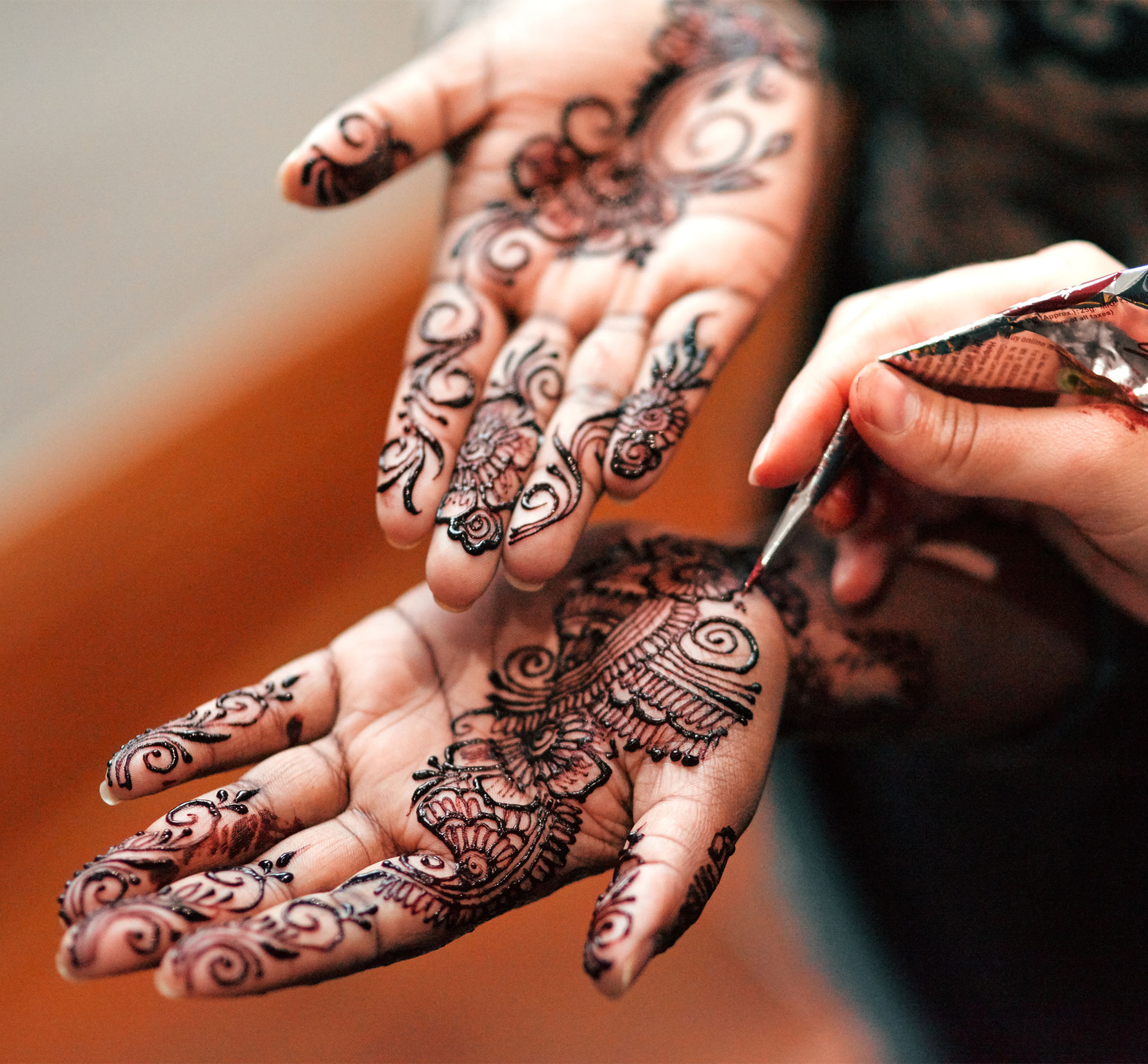Myth-Busting: Common Misconceptions About Chemical-Free Henna
Unveiling the Truth About Chemical-Free Henna
When it comes to natural hair and body colorants, henna is often celebrated for its vibrant hues and nourishing properties. However, there's a lot of misinformation swirling around about what "chemical-free" henna truly means. In this post, we'll debunk some of the common myths and clarify what you need to know about using henna safely and effectively.

What Is Chemical-Free Henna?
First, let's define what we mean by "chemical-free" henna. The term refers to pure, natural henna that contains no synthetic additives. This type of henna is made from the dried and powdered leaves of the Lawsonia inermis plant. Many people assume that all henna products are chemical-free, but this is not always the case. It's crucial to check product labels to ensure you are purchasing 100% natural henna.
Natural henna is known for its reddish-brown stain, which can vary slightly depending on the region where the plant is grown. What it should not contain are artificial dyes or chemical compounds like PPD (para-phenylenediamine), which can cause allergic reactions and skin irritations.
Myth: Henna Can Produce Any Color
One of the most pervasive myths is that henna can be used to achieve a wide range of colors, including black, blonde, or even bright red. In reality, pure henna produces a spectrum of colors from orange to deep red, depending on the natural color of your hair or skin. Products marketed as "black henna" often contain harmful chemicals like PPD, which are used to darken the color but come with significant health risks.

Understanding the Application Process
Another common misconception is that henna is difficult to apply and requires professional expertise. While it does take a bit of practice to perfect the application technique, using henna can be a fun and rewarding DIY project. For best results, mix the henna powder with an acidic liquid like lemon juice to release its dye properties, let it sit for several hours, and then apply it to clean hair or skin.
The process might seem time-consuming compared to chemical dyes, but the natural benefits of henna make it worthwhile. Henna not only colors but also conditions and strengthens hair, making it a popular choice for those looking for a holistic beauty routine.
Safety and Skin Sensitivity
It's often assumed that because henna is natural, it's completely safe for everyone. While it's true that pure henna is generally safe, some individuals may still experience sensitivity or allergic reactions. It's advisable to perform a patch test before full application to ensure there are no adverse effects.

If you have a known allergy to certain plants or have sensitive skin, consulting with a dermatologist before using henna can prevent unwanted reactions. Always ensure that you are using reputable products from trusted sources to avoid any hidden additives.
Final Thoughts on Choosing Henna
By understanding these common misconceptions about chemical-free henna, you can make informed decisions about its use. Opting for pure, natural henna ensures that you are not only enhancing your appearance but also taking care of your health and well-being.
Remember to purchase from reputable suppliers, look for clear ingredient lists, and enjoy the rich history and benefits that this ancient beauty secret has to offer. With a little knowledge and care, you can enjoy the vibrant world of henna safely and naturally.